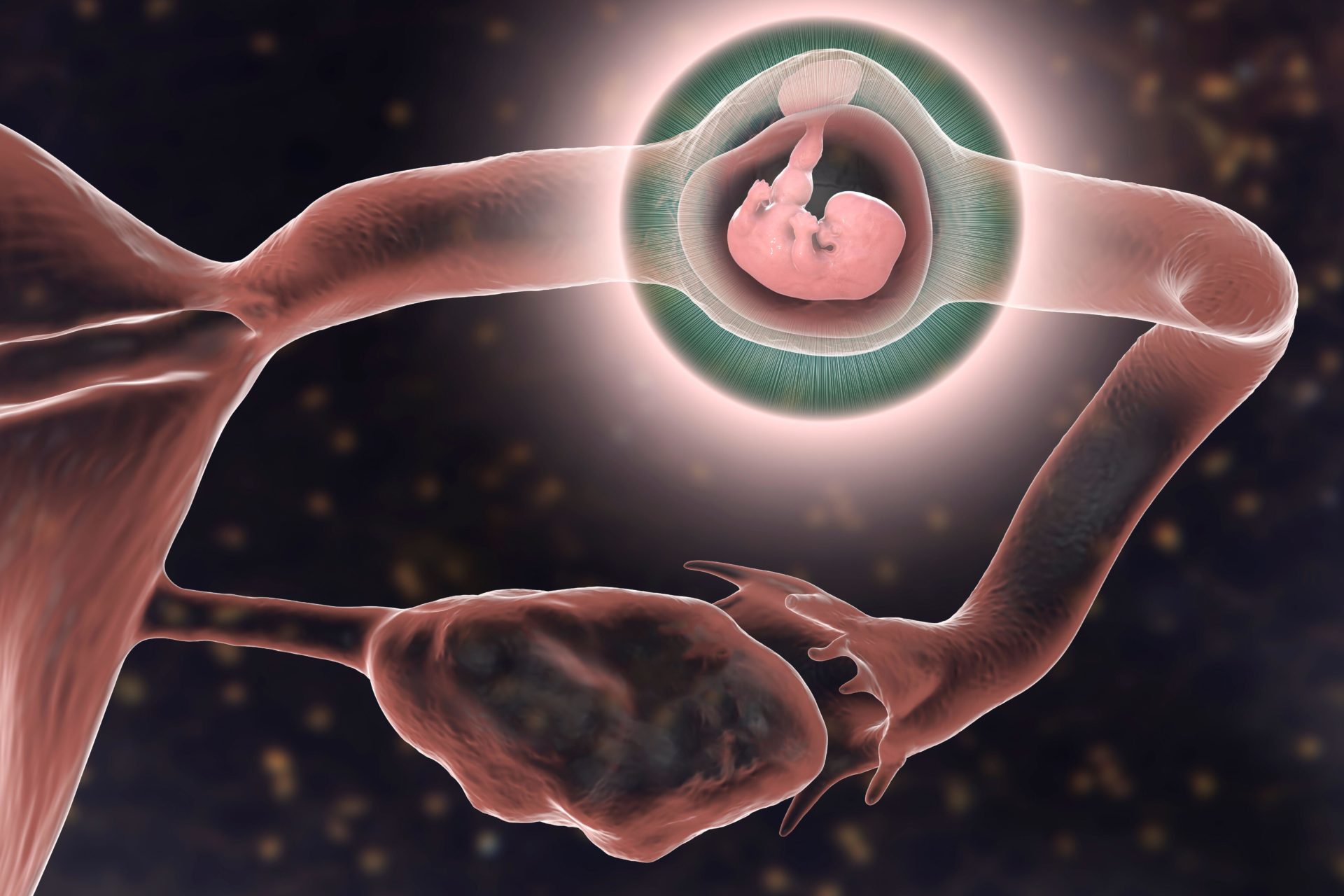It is estimated that almost one-in-four pregnancies in Ireland end in miscarriage, while one-in-80 women will experience an ectopic pregnancy, according to the HSE.
An ectopic pregnancy occurs when a fertilised egg implants outside the womb, often on the cervix, ovary or inside the abdomen.
These pregnancies are typically not viable and cause a significant risk to life if not removed.
Master of the National Maternity Hospital professor Shane Higgins told Lunchtime Live that the most common type of ectopic pregnancy develops within the fallopian tube.
“Because of the rising caesarean rate, we are seeing what are called scar ectopics, cervical ectopics,” he said.
“They are just where the pregnancy attaches to either the scar from a caesarean section or low down in the uterus on the cervix.
“It’s typically, as I said, the fallopian tube – but it can be even further afield.
“Either way, no matter where they are, if they’re not in the body of the uterus, they’re ectopic, they’re abnormal, they don’t lead to a successful pregnancy.”
Prof Higgins said that patients that are over 35, who have a history of pelvic inflammatory disease or who suffer from endometriosis are more susceptible to ectopic pregnancies.
 Ectopic pregnancy, illustration. Image: Science Photo Library / Alamy. 18 January 2022
Ectopic pregnancy, illustration. Image: Science Photo Library / Alamy. 18 January 2022However, he said there is nothing that can be done to prevent one from forming.
“There’s three courses of action, depending on how far advanced in pregnancy you are,” he said.
“Sometimes you can have what’s referred to as a tubal abortion where the pregnancy just empties itself out of the fallopian tube into the abdominal cavity and reabsorbed,” he said.
“But most commonly there’d be medical treatment with a drug called methotrexate, which stops the cells from dividing and causes the pregnancy to stop growing.
“Or the surgical route, which would be the removal of a fallopian tube.”
According to prof Higgins, the removal of a fallopian tube will impact on a woman’s fertility.
Symptoms of ectopic pregnancy include early pain in the pregnancy and bleeding from the vagina.
If you or somebody you know has suffered a miscarriage, you can contact the Miscarriage Association of Ireland's helpline on 085 822 0046, or by email at info@miscarriage.ie.
Main image; Female depressed patient sitting on the bed in a hospital ward









